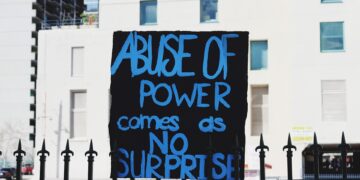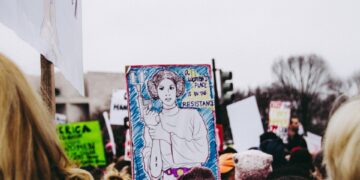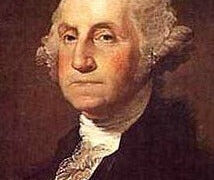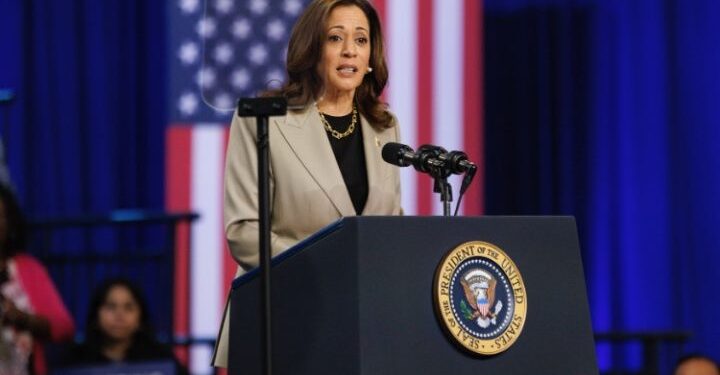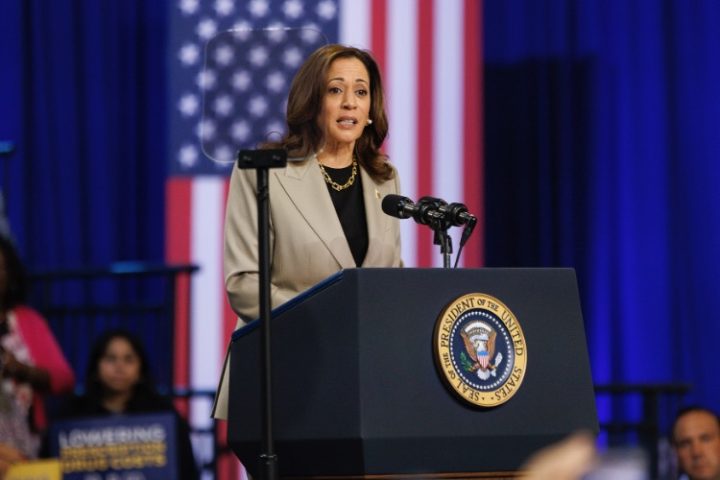
Lest you think our mainstream media are inveterate enemies of tradition, know that their opposition to it is selective. In fact, they now appear to want chivalry applied to female politicians, in the form of protecting them from negative social-media comments.
“Don’t hit girls!” is what’s essentially being said.
Perhaps coincidentally, too, this concern apparently arose after Kamala Harris became the Democrats’ presumptive presidential nominee. Why, a cynic could think this is all driven by a desire to help get her elected.
(Good thing there are no cynics here at The New American.)
Mashable reports on the story:
According to the Center for Countering Digital Hate, Instagram is failing to protect female politicians from abuse on its platform.
A new study found that one in 25 comments on female politicians’ Instagram posts are “highly likely” to be toxic, and Instagram fails to act on 93 percent of reported abusive comments targeting female politicians. The CCDH is urging Instagram to transparently enforce its community guidelines and provide support for female politicians dealing with online abuse, as well as for lawmakers to hold social media companies accountable for the abuse on their platforms.
…Researchers at the CCDH selected 10 female incumbents from across the political spectrum running for office in 2024 and collected 560,000 comments on their Instagram posts dating from January to June 2024. Politicians were selected based on high digital engagement and comments studied include those on posts by Vice President Kamala Harris, Congresswoman Alexandria Ocasio-Cortez, Congresswoman Marjorie Taylor Greene, and Congresswoman Marsha Blackburn.
Utilizing Google’s Perspective AI tool, which is trained to identify toxic text, it found over 20,000 “rude, disrespectful, or unreasonable comments.” While it’s unclear whether or not all 20,000 comments violated Instagram’s community agreement, the study went a step further by having two researchers sift through the comments to identify the 1,000 most vile comments and report them on Instagram. A week later, 926 of the reported comments remained on the platform. These comments included sexist and racist remarks, and death and rape threats….
Of course, it’s no revelation that vile remarks are sometimes posted online. Interestingly, though, despite all the time, money, and effort the CCDH devoted to its “study,” it apparently didn’t determine what percentage of “toxic” comments directed at male politicians, and which are “flagged” as inappropriate, are removed by Instagram. So how are their findings relevant?
For all we know, the online climate could be even worse for male politicians.
It certainly appears worse for Donald Trump, for instance. Has there ever been a more malignantly maligned American political figure?
Since it’s not rocket science figuring out that the CCDH’s findings are irrelevant without data on male pols, it’s hard imagining failure to collect such was an innocent oversight. More likely, the group realized such data would undermine its feminist narrative, so it simply avoided even gathering it.
As for the current election, it’s certainly advantageous for the Democrats, too, if vicious anti-Trump comments can pervade social media while negative anti-Harris posts are removed.
Creating pressure for such a double standard, the CCDH complains that “Instagram fails to act on 92% of abusive comments targeting Kamala Harris” (while saying nothing about anti-Trump posts). Among other things, the group mentions that Harris has been targeted with the “trope that women sleep their way to the top.” But here’s the problem:
If Harris didn’t sleep her way to the top, she certainly appears to have slept her way to the middle by becoming a paramour of once-powerful California politician Willie Brown. It thus is a relevant character- and competence-related issue for voters to consider.
The CCDH nonetheless wants such discussion censored, writing that “lawmakers must hold the platform [Instagram] accountable for its failure to protect women.”
So the group probably wouldn’t want the vice president called “Heels Up Harris.” Yet what of her running mate being called “No Balls Walz,” an allusion to the Minnesota governor’s purported cowardice? Is this not an anti-male “sexist” comment? The CCDH doesn’t say.
Readers opining on the Mashable article noted the double standard, too. For example, “Feminists called for equality and equity,” a top commenter wrote. “That means that you get treated the same as any man would be.”
Not according to the CCDH, though. It asserts that the aim of the allegedly sex-specific online abuse is “to push women out of political life” (it’s a conspiracy!). The group then continues, “A 2016 Data & Society study found that 41% young women between the ages of 15-29 self-censor online to avoid online harassment.”
Once again, the CCDH doesn’t mention how many young men do likewise. This said, women surely are more likely to do so — even if they’re criticized no more than men are. The reason why is problematic, too.
Consider: Men generally know that the kind of cutting, male-bonding humor they often deploy with other guys — e.g., poking fun at a fellow’s weight — may elicit tears if directed at women. This taking-things-more-to-heart reality is why, studies have found, women lie more than men do; intensely emotion-conscious, they tell fibs to (among other reasons) spare people’s feelings.
The problem is that when women enter the political realm, participate in devising the civic order, and bring this “Don’t hurt feelings!” imperative with them, it can lead to speech codes and “hate speech” laws that censor Truth (“The Truth hurts,” as is said).
Some men may facilitate this, too, exhibiting misdirected chivalry. (Is it similar to the women-in-combat problem whereby male soldiers will change their behavior and be protective of female comrades?)
Regardless, for the nation’s good, female politicians must endure the same slings and arrows their male counterparts do. And, some may say, if you can’t stand the heat, get back in the kitchen. Equal rights, equal fights.
All this said, this is more about winning the election unfairly than about concern for the fairer sex. In fact, while the CCDH analyzed criticism of five female GOP politicians along with five Democratic ones, this appears designed to effect the illusion of non-partisanship. After all, would there currently be all this hand-wringing over female-candidate online abuse if the Democratic nominee were Kamal Harris and the Republicans were running Donalda Trump?





















